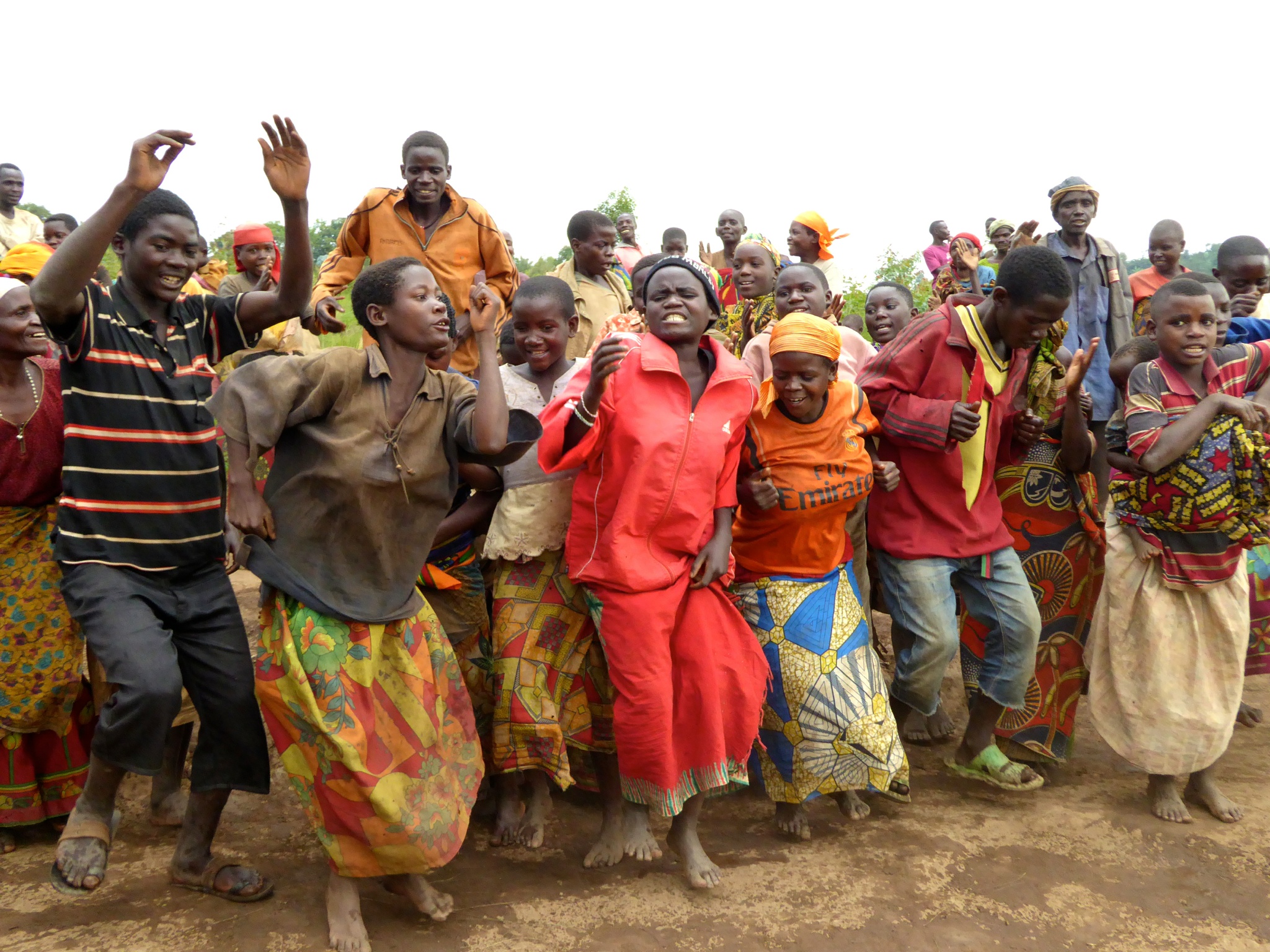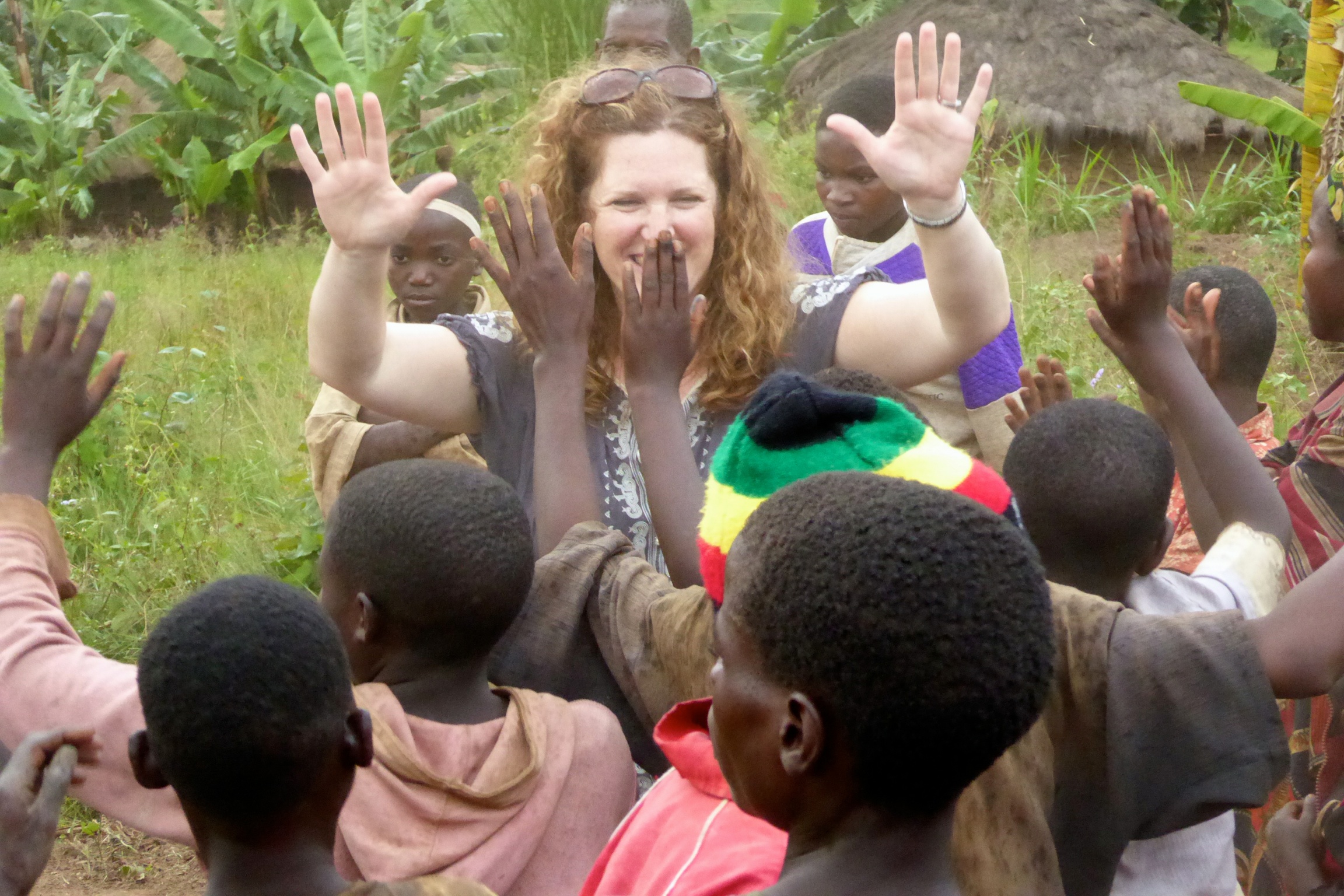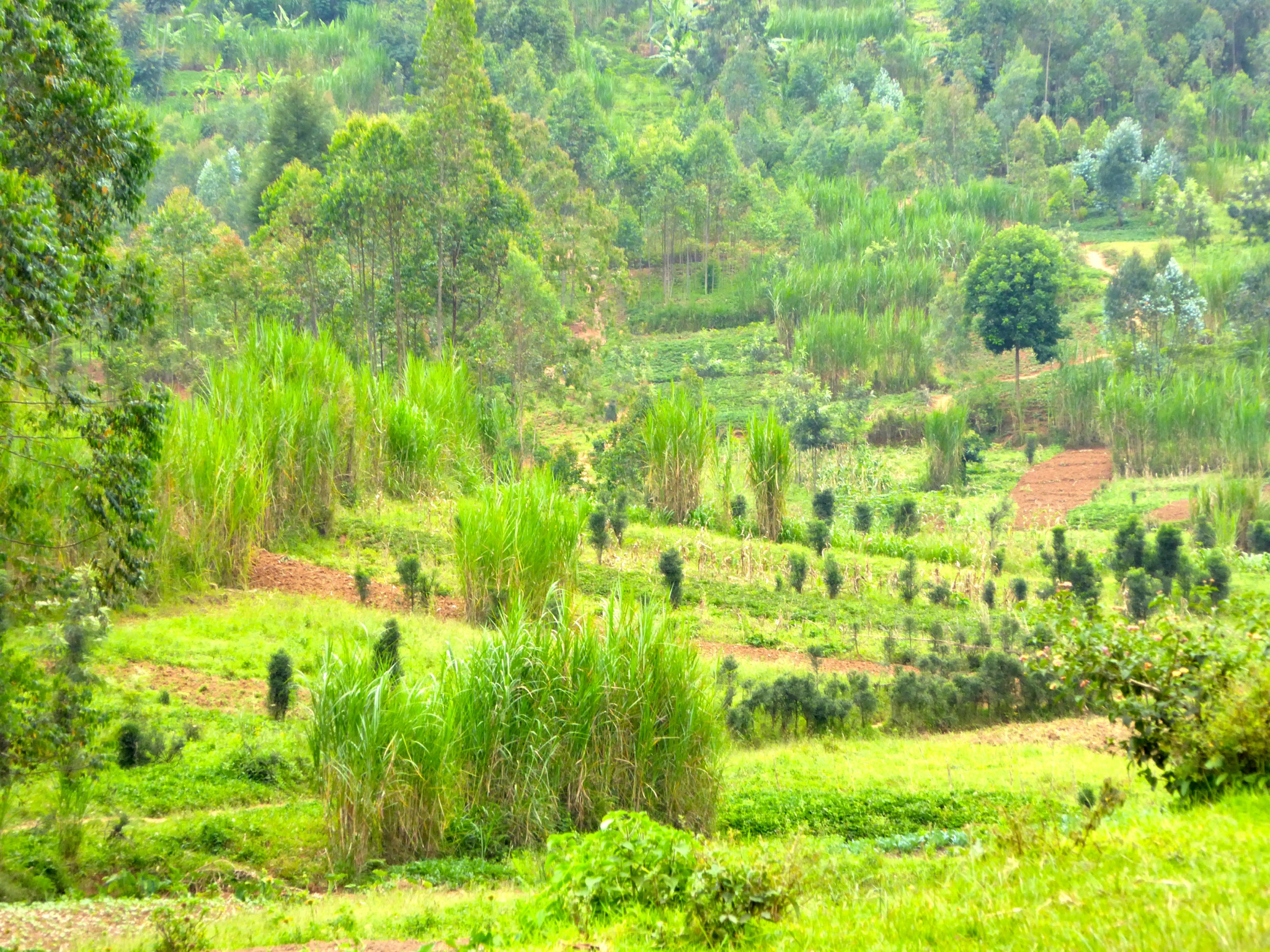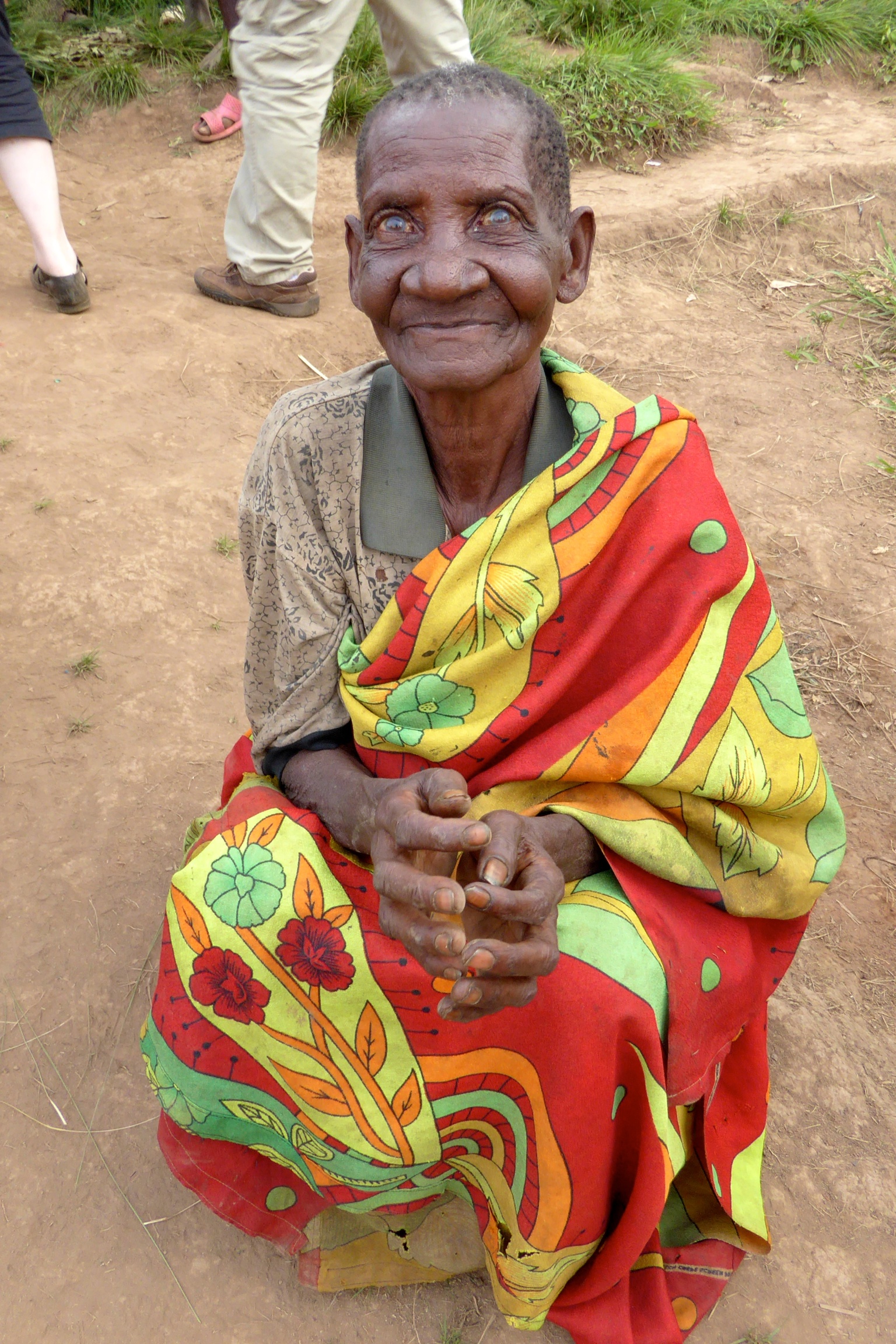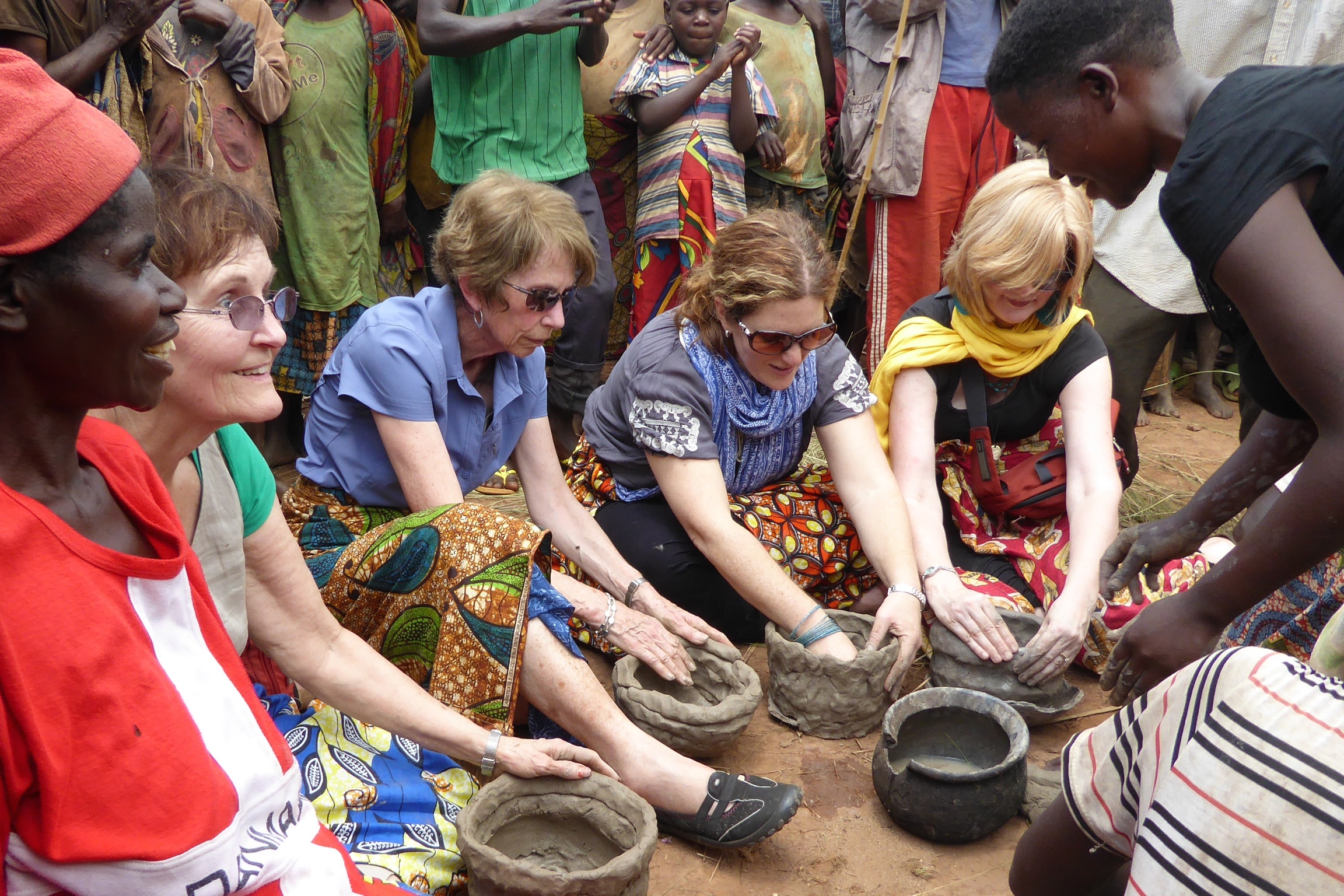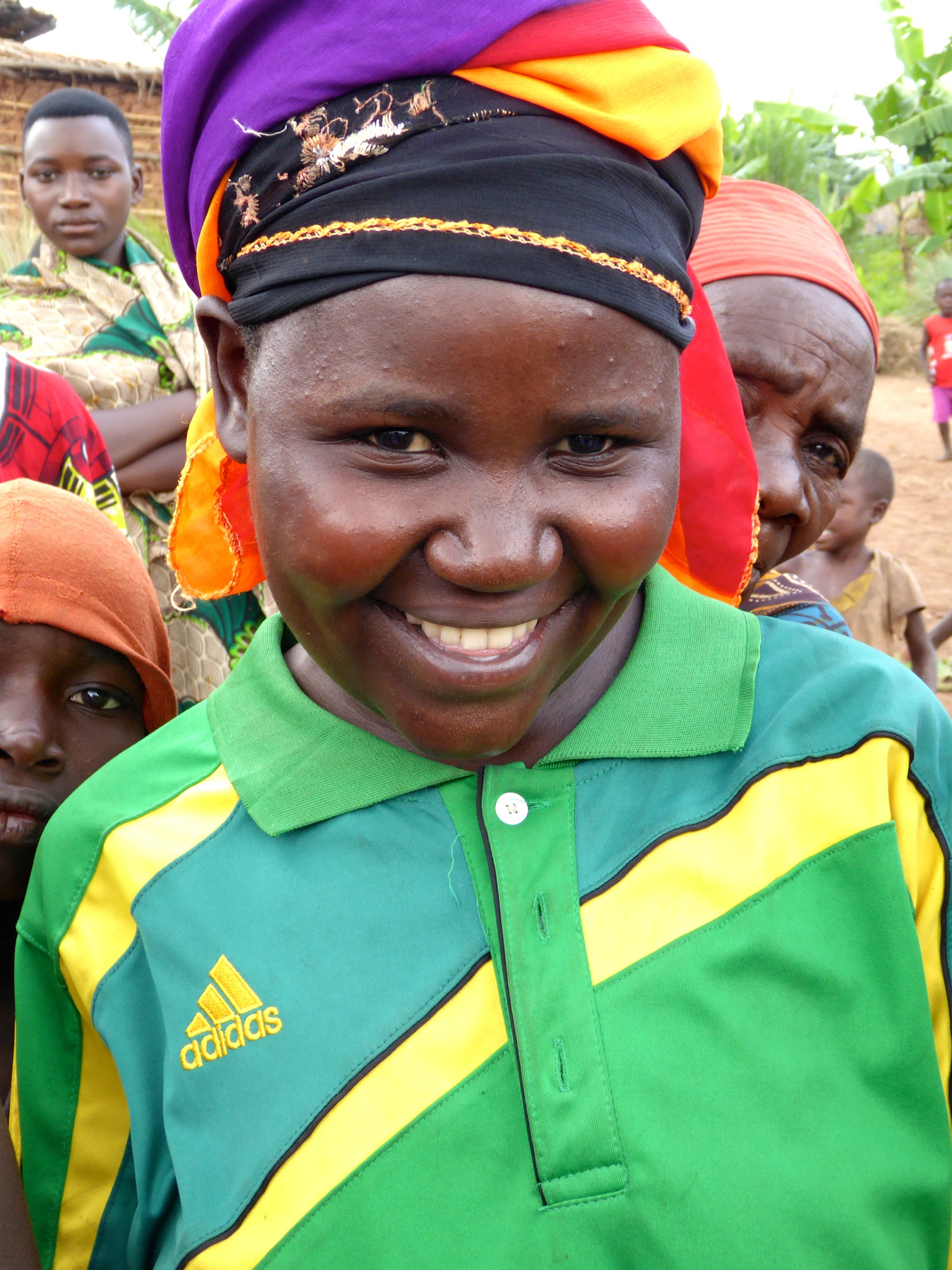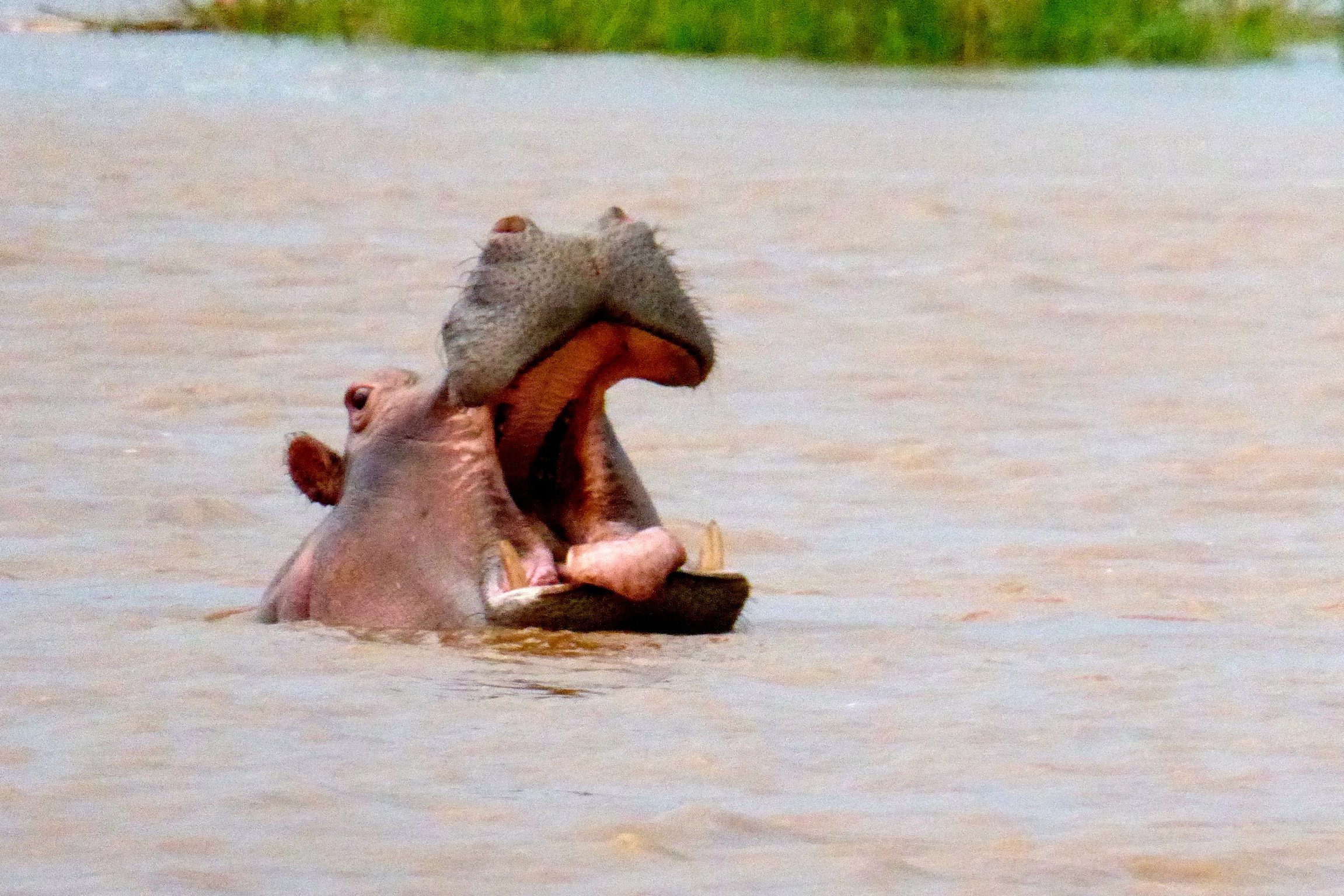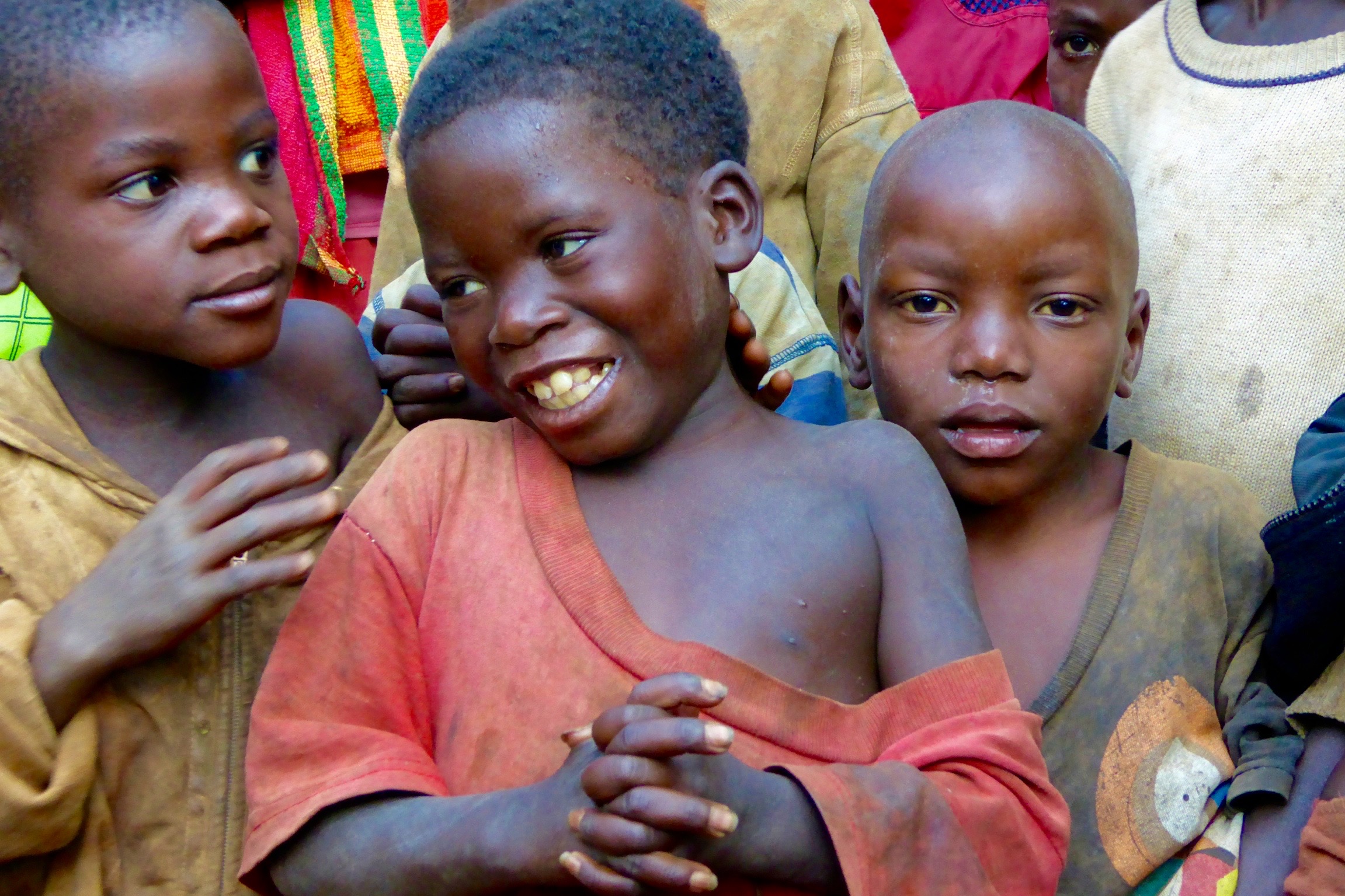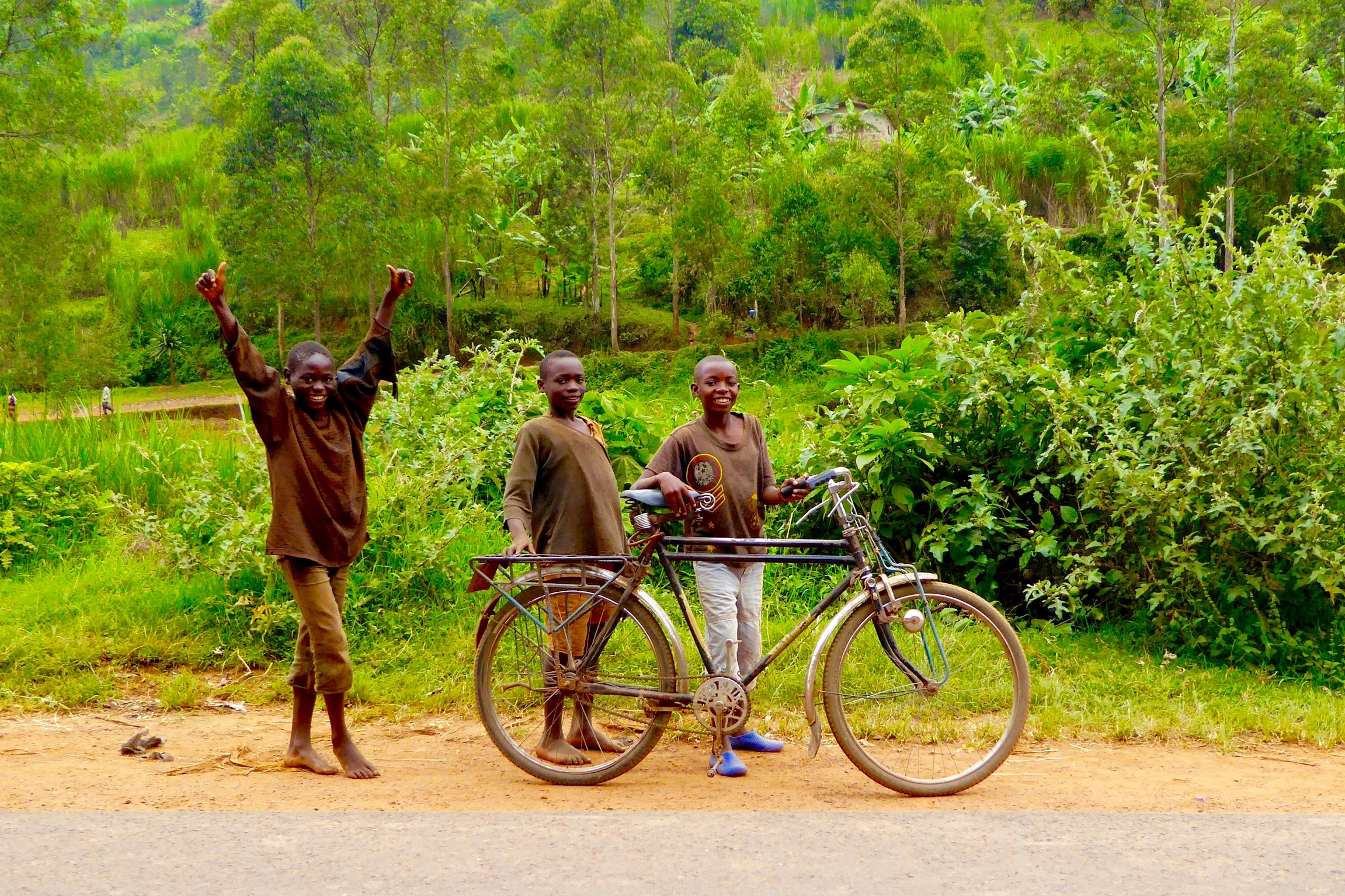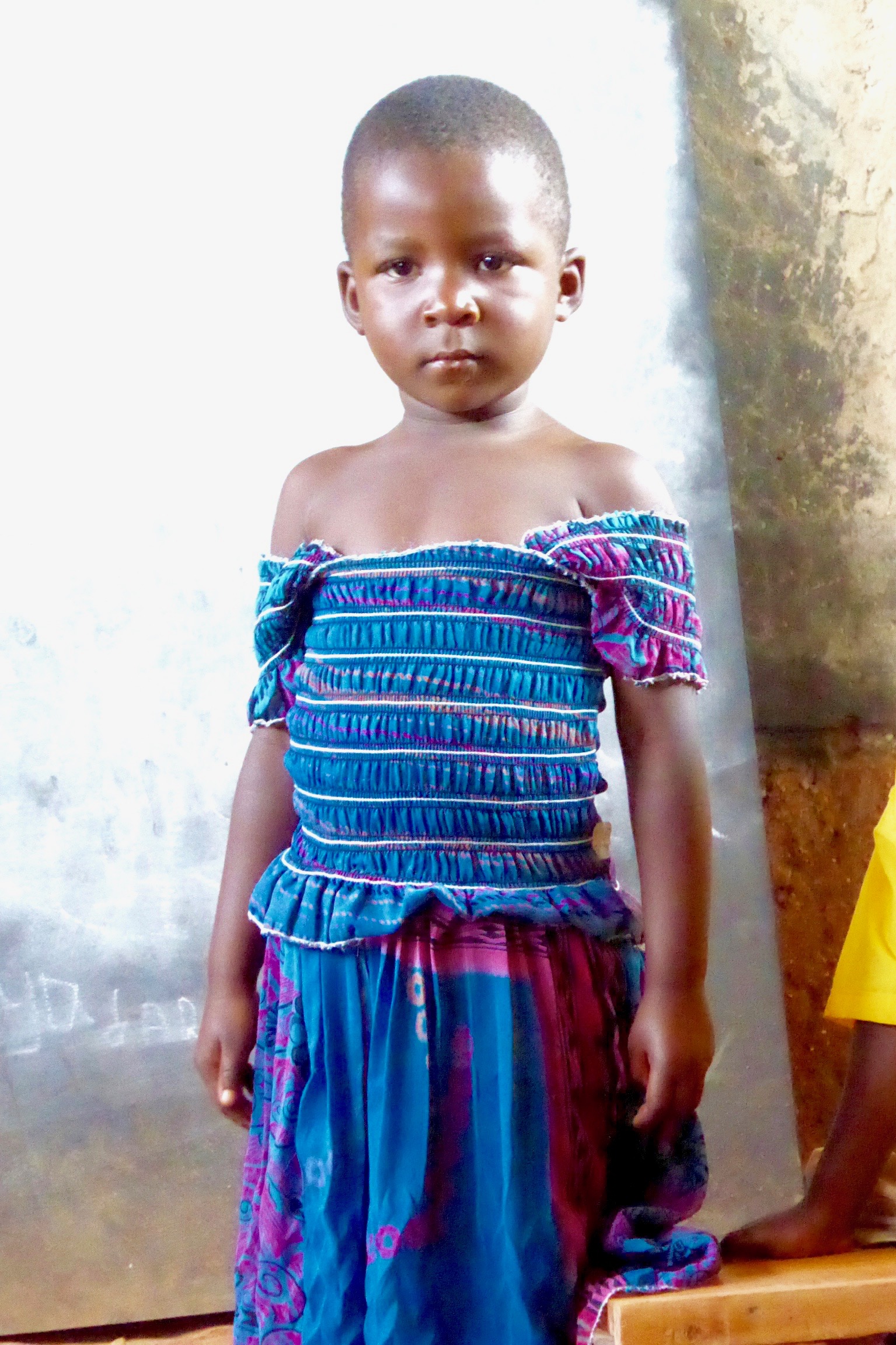Burundi
Reflections on a trip to Burundi with friends from First Presbyterian Bend to visit the three Batwa villages that First Presbyterian Church in Bend is partnering with to bring hope, healing and purpose. The Batwas are the most discriminated and disenfranchised people in Burundi, which is already the second poorest nation in the world.
There is a moment in our trip to Burundi that you will hear about from Maggie, Jane and I if you talk to us for very long about our trip.
It is about our visit to a Batwa village named Gahombo. The Batwa
We stopped and saw a hut where a woman lived with her husband and four children. She cooks over an open stove with a covering that doesn’t keep her family dry at night. One of the reasons Batwa children have a hard time going to school is they can’t keep their school materials out of the rain.
We moved to the top of the hill where the dancing and singing really got going and went on for maybe 20 minutes. Soon I figured out that the way to not look completely foolish was to mirror what the person in front of me was doing. This way of dancing – one follows the other’s lead brought me to tears as I looked in the eye of person after person and followed their lead in the dance, grateful to have a way to express: “I see you.”
Because the dancing raised the dust on the ground, a man quickly came with a plastic container full of water that had been hauled up that hill and poured it on the ground so the dust wouldn’t be too bad. A small sign of costly hospitality that humbled us.
We eventually all sat down. We could hear the coughing As we did in every other place, each of us gave a greeting – sharing God’s love for them, saying that we had come to listen and thanking them for their welcome. And then they spoke. They spoke of being hungry, not having seeds to plant or fertilizer, being sick with no medical care, kids wanting to go to school but being ostracized because they can’t afford uniforms and their poverty is evident. We listened and we danced some more and then they walked us down the hill, singing all the way and saw us off.
When we got back in the car, I wanted to start emptying out my bag and giving them every little snack and medicine that I had. I noticed that all of the bananas we had in there were gone. For a moment, I thought our driver had eaten them all and than I saw him giving the last one away to a young boy. Even he, a Burundian man, was shocked and moved to do something for these people.
The ride was silent on the way back. Not one word. Just silent tears and an overwhelming sense of loss. Where does one even start? After dinner, our friend and partner Evariste invites us to discussion by saying, “We have come to say what we have seen.” As we talked, the frustration was evident. With so many immediate needs, where to start? Our project of getting ID cards seems irrelevant when people are hungry, wet and sick.
But what is the solution? Provide everything they need immediately? As we have seen in development around the world – that’s been tried and it hasn’t worked.
Transformation – whether it’s economic, social, emotional or spiritual takes time and intention. And as anxious as we are to see the situation change, we all agreed that we were committed to long-term change that would stick.
Our friend Kelly said to us, “Imagine how God must feel looking at the world – seeing all the messes we have made and longing for wholeness.”
